Premium Only Content
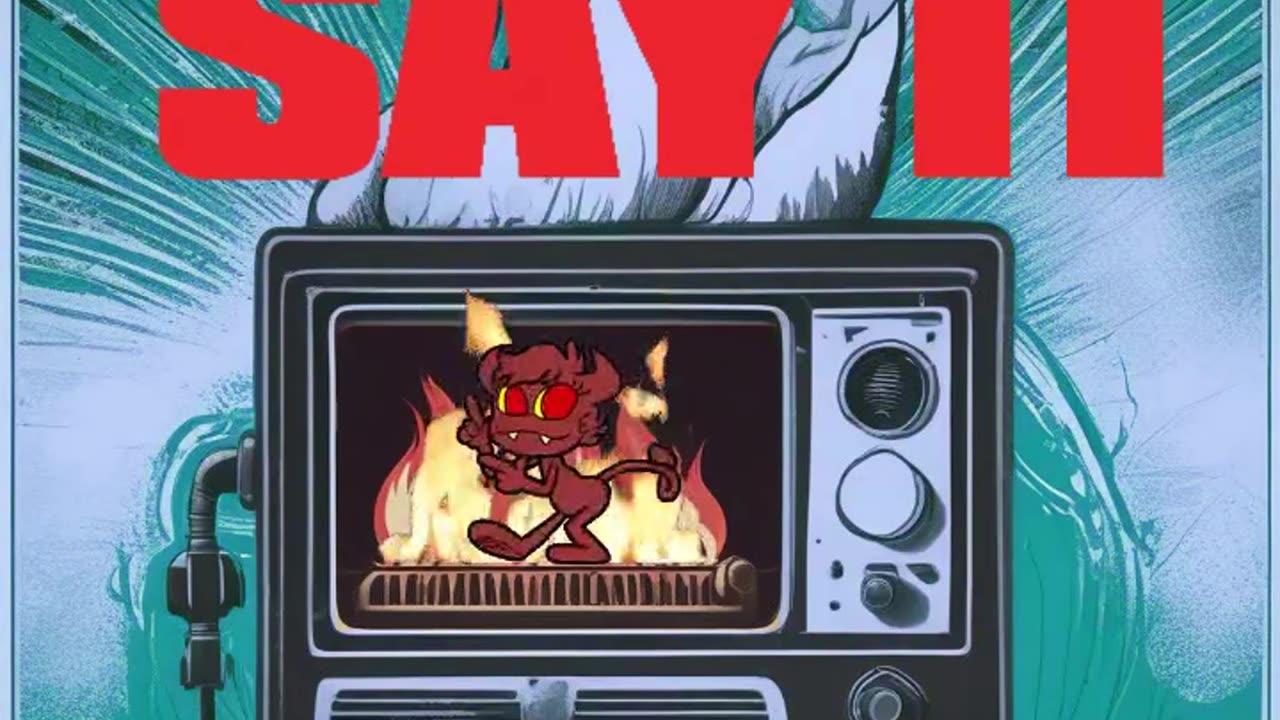
JUST SAY IT.
Cowardice of Evasion and the Courage of Direct Speech.
In a world drowning in double-speak, euphemisms, and carefully curated personas, speaking plainly has become a rebellious act. Too many people dance around their point, feeding their message out in spoonfuls, afraid to tip the glass or cause offence. They rely on metaphors, vague allusions, passive-aggressive hints, and polite whispers. Instead of just saying what they mean, they hide behind soft phrases and overthinking, hoping somehow that the listener will read between the lines and “just know” what they’re getting at.
Let’s be clear: this isn’t diplomacy. This is cowardice.
At its core, the inability—or refusal—to speak plainly is driven by fear. Fear of judgement, fear of confrontation, fear of being misunderstood, fear of appearing vulnerable, arrogant, too emotional, too aggressive, or simply “too much.” So instead, people wrap their truths in riddles, speak through implication, or bury their real opinions under layers of politeness and abstraction.
They say, “I’m just concerned,” when they mean, “I think you’re making a mess of this.”
They say, “It’s not really my place to say,” when they mean, “I have a lot to say but I’m afraid of the fallout.”
They say, “It’s complicated,” when really it isn’t—it’s just uncomfortable.
Why do we do this?
Part of it is social conditioning. From an early age, we’re taught to be nice, to avoid hurting feelings, to smile even when we’re seething. Honesty is a virtue, but polite honesty, the kind that skirts the truth or delivers it with such sugarcoating it becomes unrecognisable, is rewarded more often than brutal clarity.
Then there’s the rise of digital communication, where tone is hard to read and offence is easily taken. People have become afraid of the backlash. Say one wrong thing, and you might be cancelled, dogpiled, or ghosted. So we self-censor, soften our words, second-guess ourselves, and drip-feed our truth as if we're administering morphine to a dying patient—slowly, cautiously, and with gloves on.
But here’s the reality: clarity is kindness.
When you say what you mean, directly and without apology, you save people time. You cut through the noise. You show respect for the person you're talking to by trusting them to handle the truth. You also honour yourself—your thoughts, your feelings, your perspective—by not shrinking it down into something more “palatable.”
This doesn’t mean being cruel or tactless. It means being real. It means speaking from the gut instead of hiding behind disclaimers and linguistic gymnastics. It means owning your words instead of offering them half-heartedly, waiting to gauge the reaction before deciding if you’ll stand by them.
Here’s the bottom line: if something matters enough to be said, then say it. Fully. Clearly. Now.
Don’t apologise before you speak. Don’t water it down. Don’t wait for someone to drag it out of you.
Say it.
Because if you don’t, someone else will. And they’ll probably say it better, louder, and in a way that leaves you feeling like you missed your chance.
In the end, the world doesn’t need more whispers. It needs truth-tellers. People who spit it out, say it as it is, and let the chips fall where they may.
So if you’ve got something to say… don’t edge your way there.
Just say it.
SOURCED FROM - https://matttaylortv.freeforums.net/thread/69/say-cowardice-evasion-courage-direct
-
 13:31
13:31
Actual Justice Warrior
2 days agoDemocrats BLAME Trump For Girl THEY KILLED
46.5K37 -
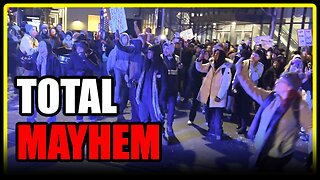 2:32:21
2:32:21
MattMorseTV
13 hours ago $72.17 earned🔴Los Angeles RIOTS.🔴
330K508 -
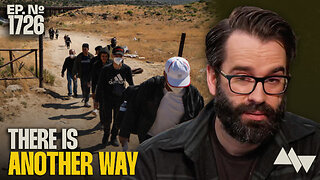 1:05:39
1:05:39
Matt Walsh
17 hours agoThe Solution To The Immigration Problem That No One Is Talking About | Ep. 1726
48.6K211 -
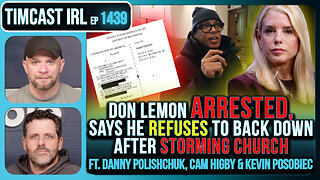 2:04:27
2:04:27
TimcastIRL
13 hours agoDON LEMON ARRESTED | Timcast IRL #1439
301K116 -
 6:03:38
6:03:38
Drew Hernandez
1 day agoDON LEMON ARRESTED THEN RELEASED WITHOUT BAIL, HOMAN DRAW DOWN & NEW EPSTEIN FILES?
67.2K28 -
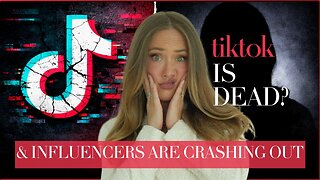 13:56
13:56
Robbi On The Record
1 day ago $6.20 earnedWhy Everyone Is Deleting TikTok (billionaires, control & immigration)
60.1K26 -
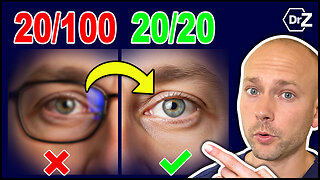 11:35
11:35
Dr. Nick Zyrowski
3 days agoHow To REVERSE Poor Eyesight ( Especially After 40 )
53.2K11 -
 59:06
59:06
The Rubin Report
16 hours agoPlan ₿ Forum El Salvador Day 1 Recap | Dave Rubin
147K11 -
 57:14
57:14
BonginoReport
16 hours agoDon Lemon ARRESTED: Why It Matters More Than You Think - Nightly Scroll w/ Hayley Caronia (Ep.225)
171K129 -
 11:08:58
11:08:58
Plan ₿ Forum
8 days agoPlan ₿ Forum El Salvador 2026 – Day 1 Live from the WAGMI Stage
271K17